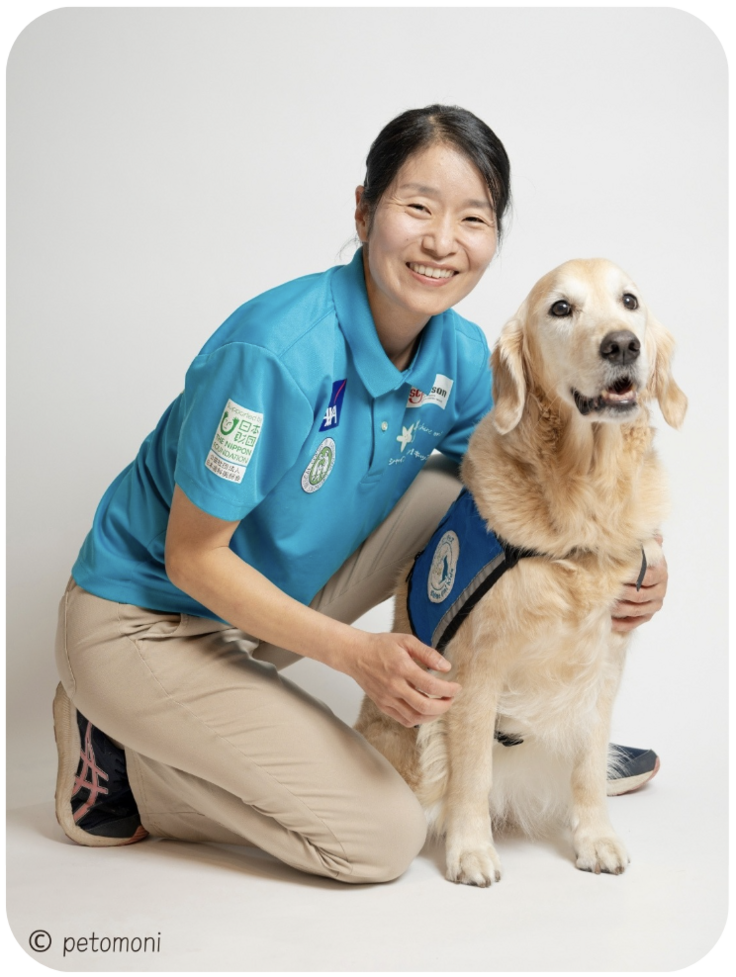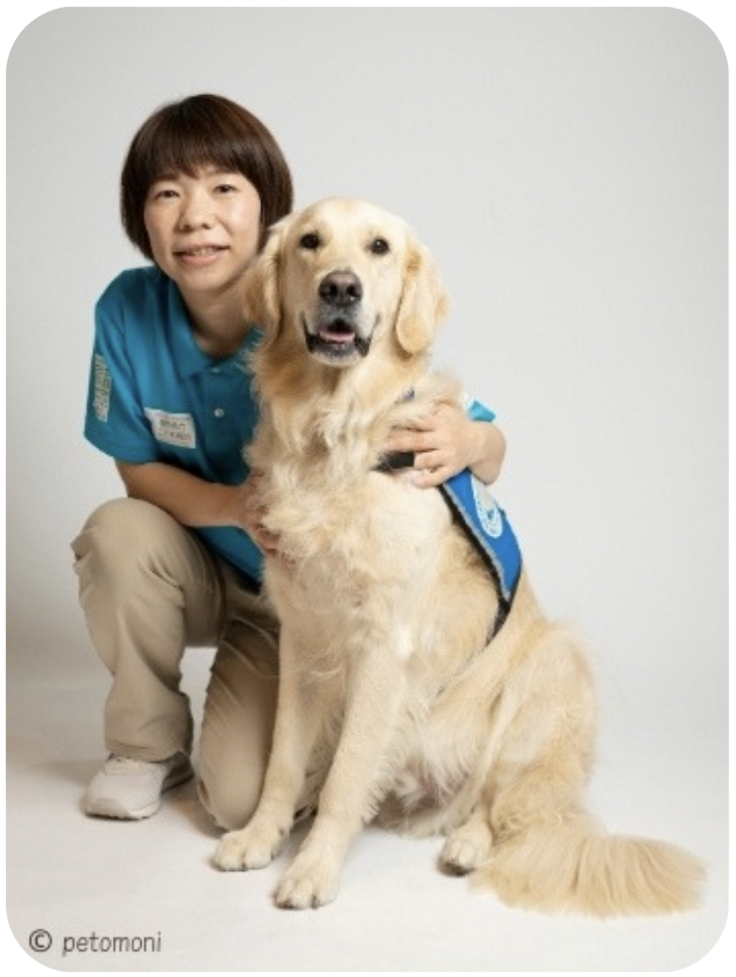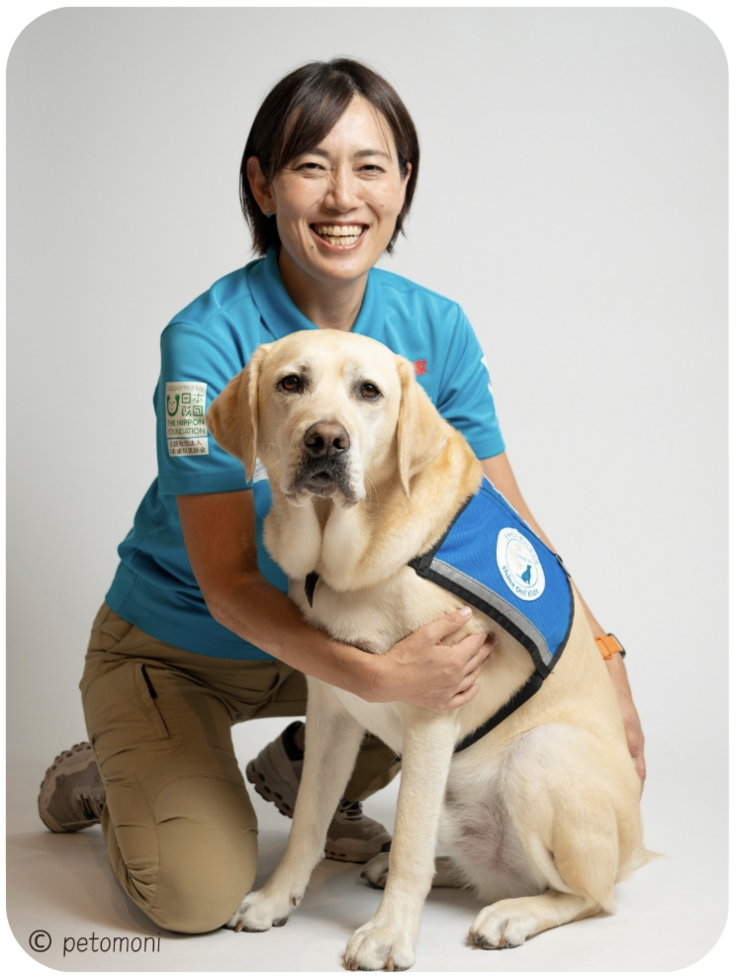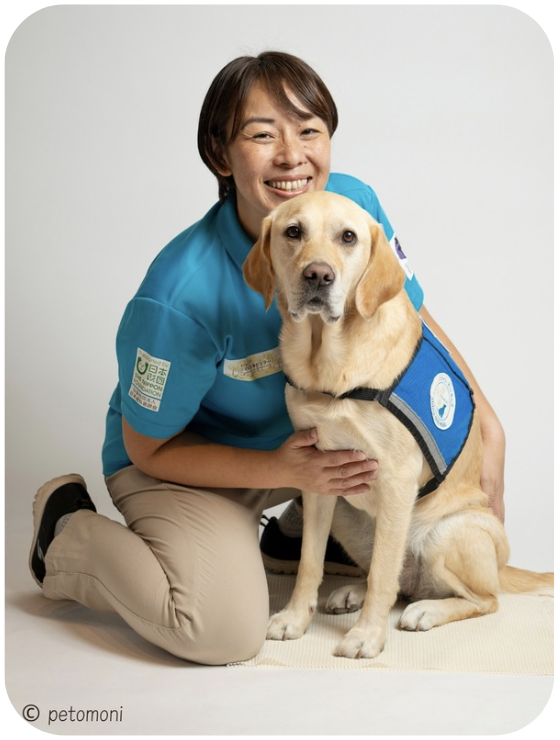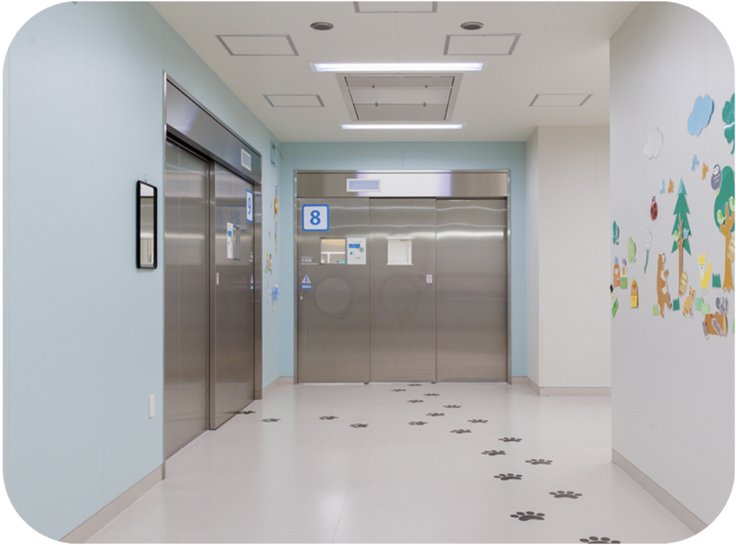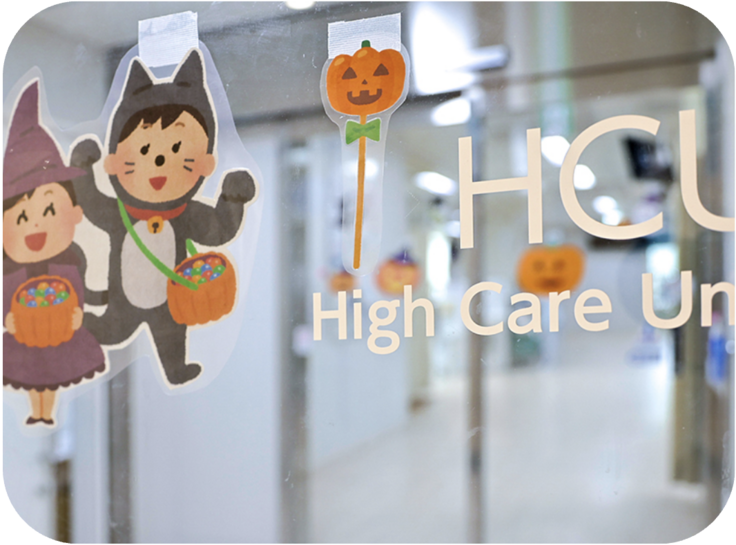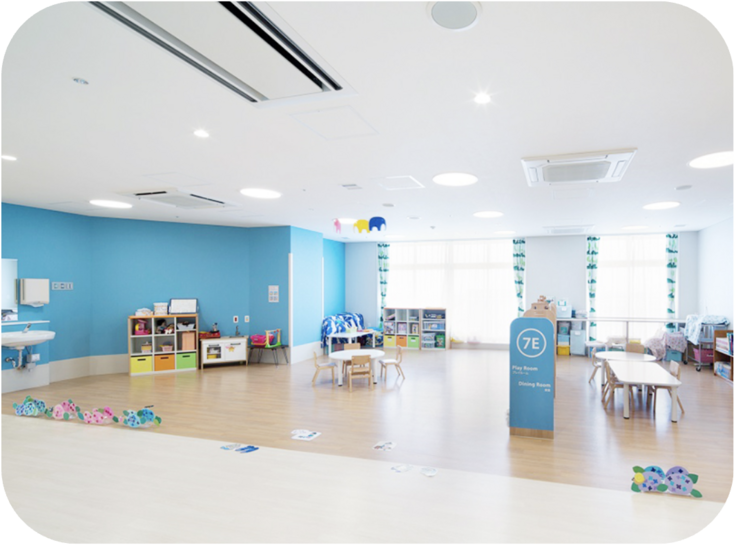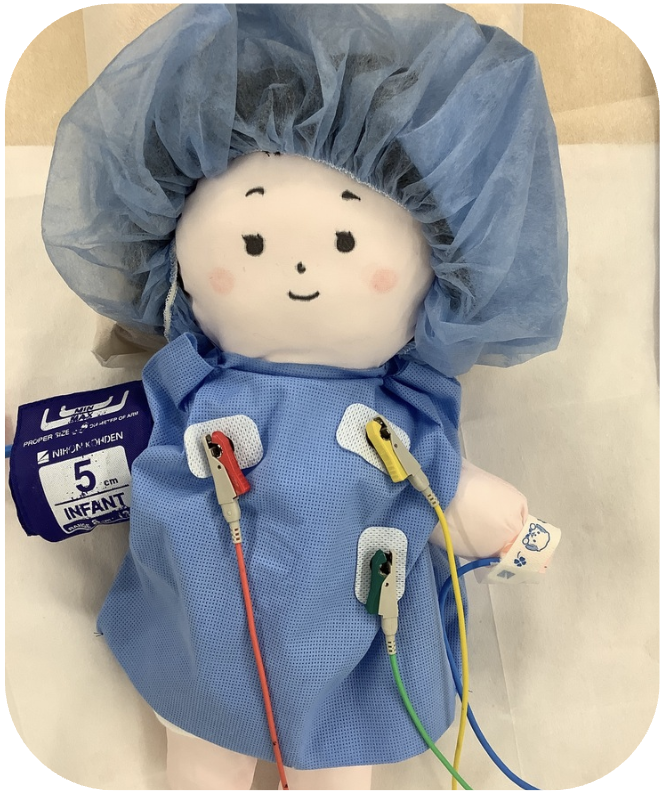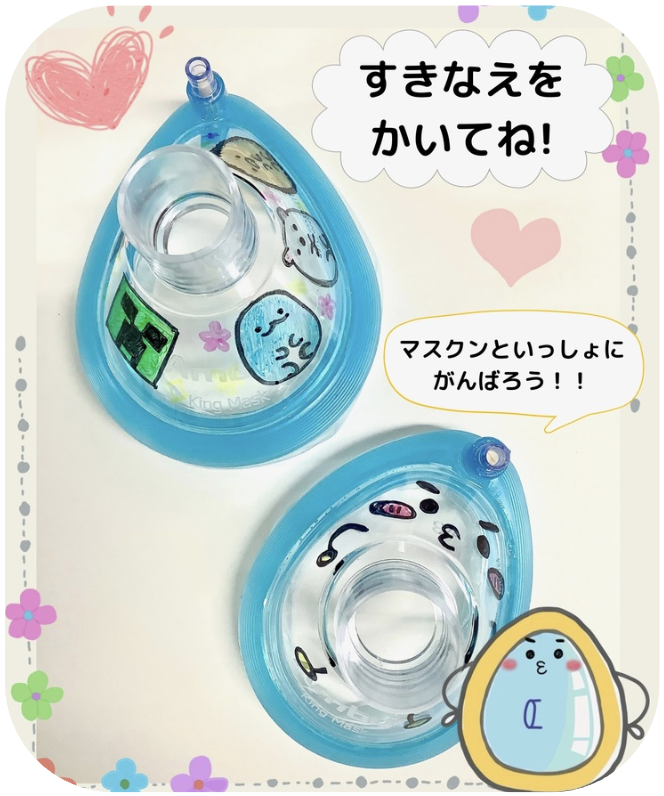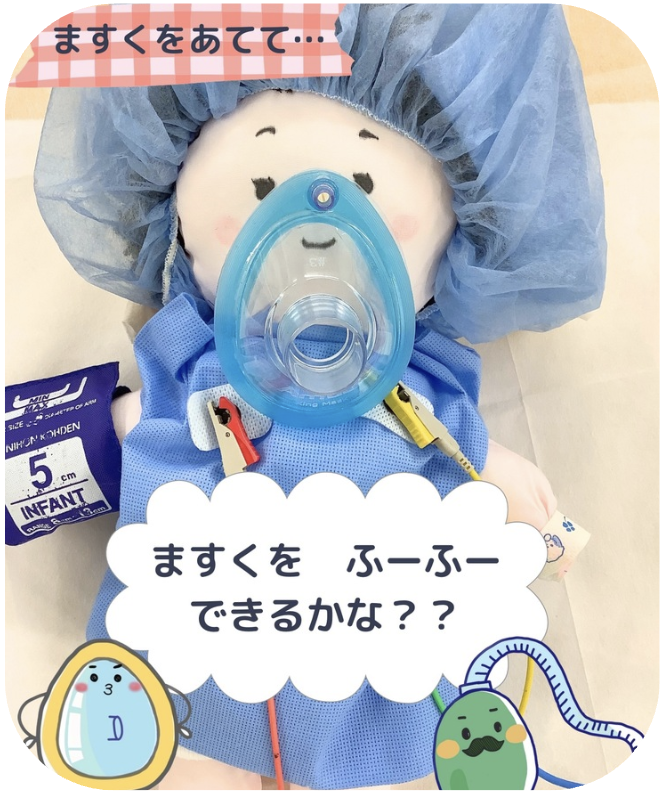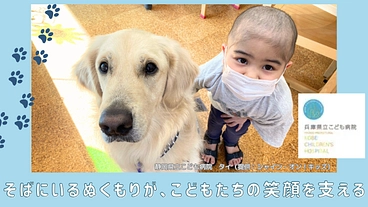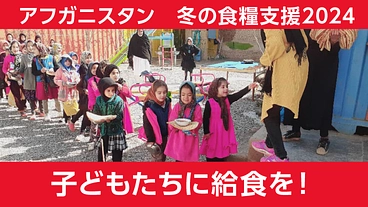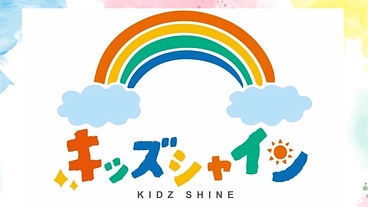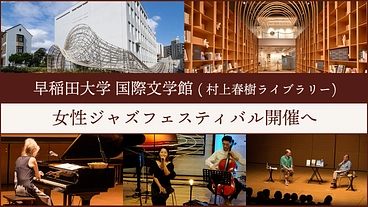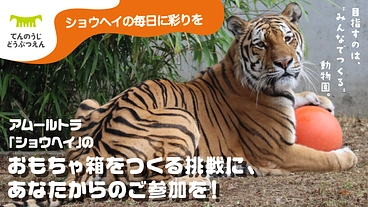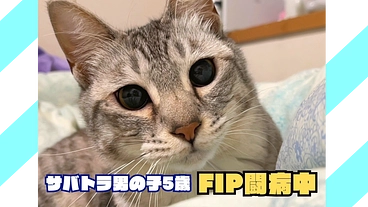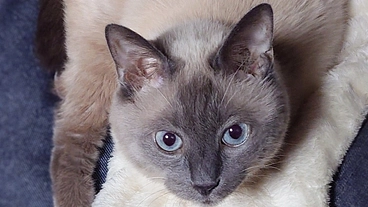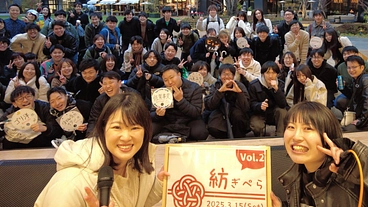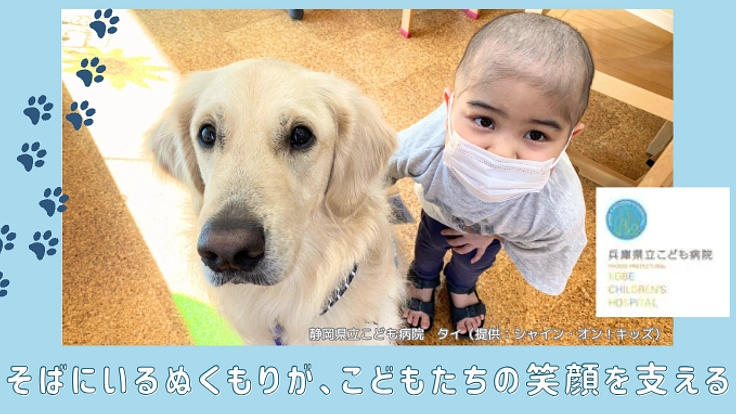
寄付総額
目標金額 20,000,000円
- 寄付者
- 2,263人
- 募集終了日
- 2025年7月10日
【English Page】About Our Project
If Only They Had Someone by Their Side.
Bringing a Facility Dog to Kobe Children’s Hospital!
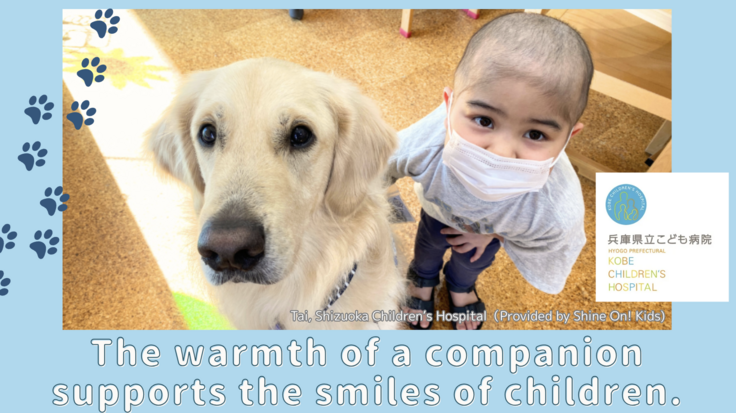
![]()
Thank You for Supporting Our Crowdfunding Campaign:
“If Only They Could Be by Their Side – Bringing a Facility Dog to Hyogo Prefectural Children’s Hospital”
We would like to express our heartfelt gratitude for the warm support we have
received for our crowdfunding campaign, “If Only They Could Be by Their Side –
Bringing a Facility Dog to Hyogo Prefectural Children’s Hospital.”
Thanks to the generosity of over 1,200 donors, we successfully reached our initial goal of 20 million yen just 11 days after the campaign launched — as of
May 22. Alongside your contributions, we have also received many kind and
encouraging messages. These heartfelt words have been a great source of
strength for all of our staff. We are truly grateful for each and every act of
support, and we feel a deep sense of responsibility to live up to the trust and
expectations placed in us.
Recently, we welcomed Miko, a candidate Hospital Facility Dog®, along with her
handler, to our hospital. Together, they gave a demonstration for the children.
Seeing the children’s joyful expressions and the way the ward atmosphere brightened instantly reaffirmed the powerful role a facility dog can play in
supporting our young patients.
Although we have reached our initial goal, we do not consider this the finish line
— rather, it is just the beginning.
In order to ensure that the Hospital Facility Dog® and their handler can continue
to provide long-term, stable support to our patients, we must also consider the
cost of maintaining the programme. The annual operating cost for a facility dog is approximately 10 million yen. To ensure this support can be sustained for as long as possible, we have now set a NEXT GOAL of 42 million yen and will be
continuing the crowdfunding campaign.
This next goal includes:
• Expenses for strengthening internal hospital systems and infrastructure to
support
• Ongoing maintenance costs for the dog and handler’s activities after
• Crowdfunding platform fees and associated costs
This effort cannot succeed without your continued support. We would be most
grateful if you could share this initiative with your family, friends, and colleagues
to help expand the circle of support. The crowdfunding campaign will continue
until July 10. All of us at Hyogo Prefectural Children’s Hospital remain committed
to doing everything we can to bring smiles and comfort to the lives of our patients and their families. We sincerely appreciate your continued support.
Hyogo Prefectural Children’s Hospital
Hospital Director, Kazumoto Iijima
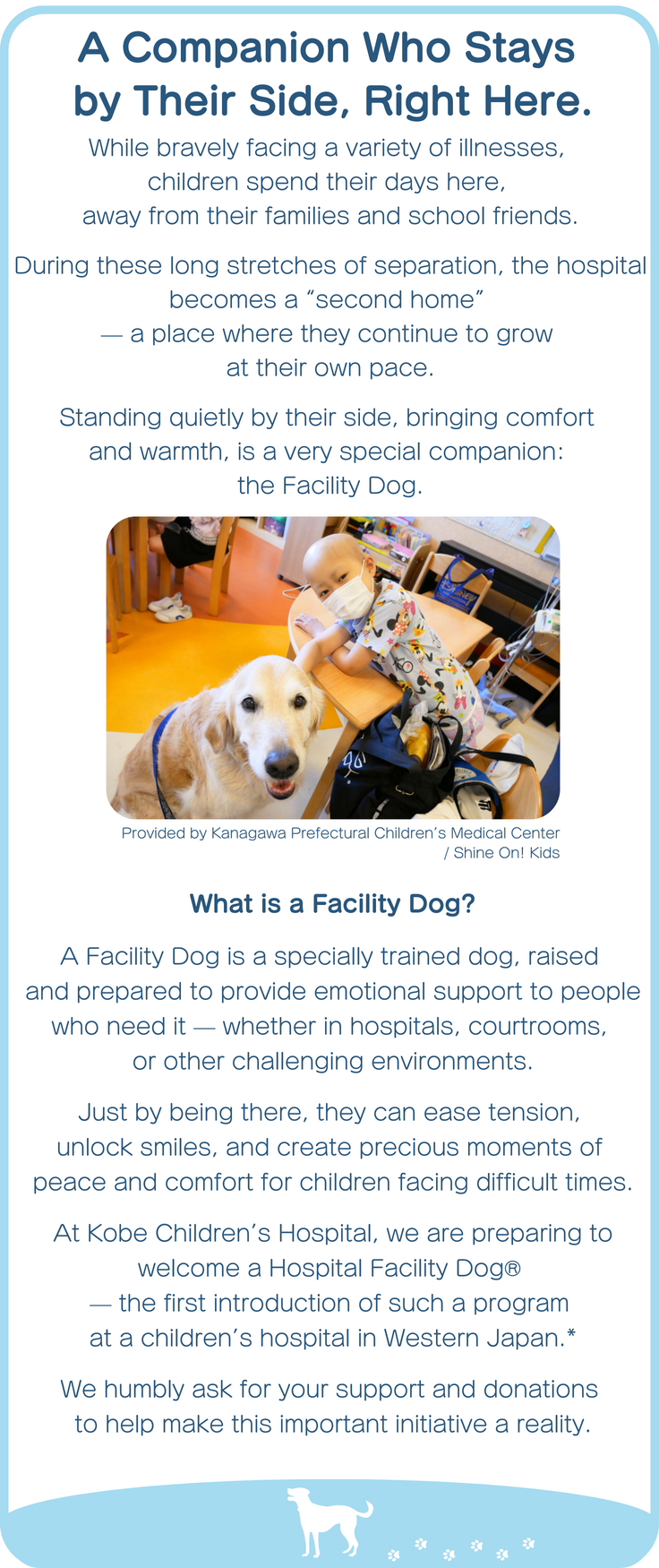
Kobe Children’s Hospital was established in 1970 as Japan’s second specialized pediatric hospital.
Today, with key centers such as the Comprehensive Perinatal and Maternal Medical Center, the Pediatric Emergency and Critical Care Center, the Pediatric Cancer Center, the Pediatric Cardiology Center, and the Genomic Medicine Center, we serve as a “final stronghold” for children and families facing serious illness, providing 24-hour medical care, every day of the year.
Our hospital’s slogan is: “Protecting children’s smiles and connecting them to the future.”
We aim to be a place that brings bright hope to children battling illness, and to their families.

At our hospital, we strive not only to provide advanced treatments — such as intensive care during the acute phase and specialized pediatric cancer care — but also to create a place of support and healing for children living with chronic illnesses, and for the families who stand beside them.
Now, to help children face their treatments with a more positive spirit and to make long-term hospital stays feel safer and more comforting, we are working to introduce a Hospital Facility Dog® — the first program of its kind at a children’s specialty hospital in Western Japan.*
(*Hospital Facility Dog® is a registered trademark of Shine On! Kids.
As of April 2025, four children’s specialty hospitals in Eastern Japan have already introduced the program. See: https://sokids.org/ja/what-we-do/hospital-facility-dogs/)
![]()
- What is a Facility Dog? -
Facility Dogs are specially trained working dogs who are raised to provide support at specific facilities such as hospitals, educational institutions, and courts.
In hospitals, Facility Dogs work as a team with their handlers — medical professionals who have received specialized training.
According to international guidelines, both Facility Dogs and their handlers are required to undergo the same level of professional training as guide dogs and service dogs.
This high standard of training is essential for Facility Dogs to work safely and effectively as part of the medical team.
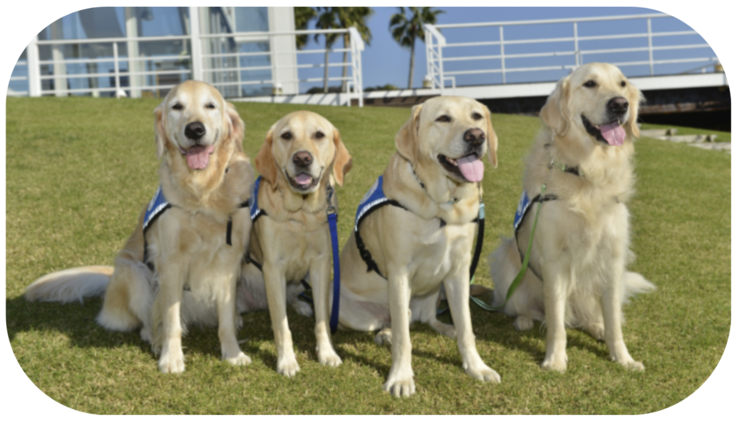
Photo provided by Shine On! Kids
■ Main Activities
The main activities of Facility Dogs can be divided into three major areas:
- Providing support through interaction and play
- Assisting during medical tests and treatments
- Offering companionship in palliative care
01|Support Through Interaction and Play
Facility Dogs are not only loved by children who already like dogs — even infants and children who have never interacted with dogs before gradually come to see the Facility Dog as a “friend,” and begin looking forward to their visits.
Children play games like pretend and fetch, or they practice giving cues such as “SIT” and “LIE DOWN,” rewarding the dog with treats as part of a fun training game.
Through these playful interactions, some children even begin to open up and express emotions they had been holding inside during their hospital stay.
02|Support During Tests and Treatments
Facility Dogs provide a wide range of support — from accompanying children through difficult procedures like bone marrow or lumbar punctures, to encouraging children who struggle with taking their medicine or finishing their meals.
Children who have built a relationship of trust with the Facility Dog often say that they are able to face tests, procedures, surgery, and even rehabilitation because the dog is there with them.
Facility Dogs help bring out the children’s inner strength — the courage to face their treatment.
03|Providing Comfort in Palliative Care
Palliative care focuses on easing physical and emotional suffering, beginning from the time a child is diagnosed with a life-threatening illness.
It addresses not only issues directly related to the illness but also the daily challenges and distress children may experience.
Facility Dogs play a particularly important role in end-of-life (terminal phase) palliative care, offering support tailored to the wishes of each child and their family, and intervening whenever possible to bring comfort.
In a joint research study conducted by Shine On! Kids, along with participating hospitals and universities,Facility Dogs were highly praised by healthcare providers for the strength and support they offer during terminal palliative care. *
(*Reference:https://journals.plos.org/plosone/article?id=10.1371/journal.pone.0285768)
Because they are always present at the hospital, Facility Dogs become truly trusted and reassuring companions.
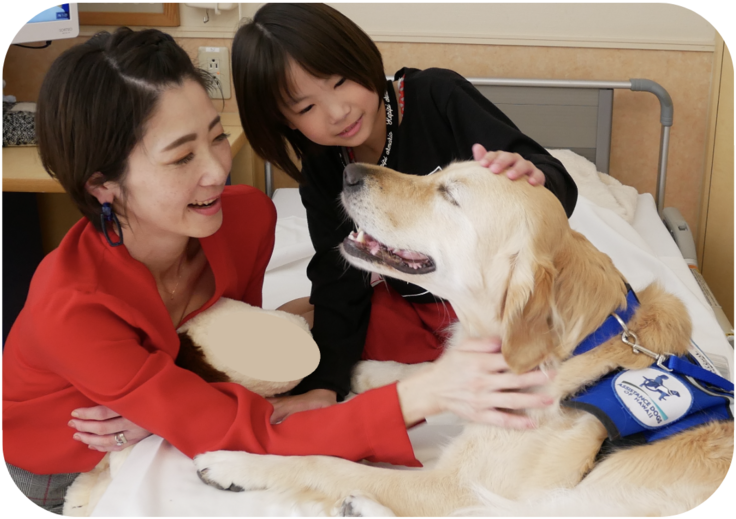
Photo provided by Shine On! Kids
■ The Role of the Handler
Facility Dogs work as a team with handlers who have clinical experience, such as licensed nurses.
Handlers review medical records to understand each child’s condition and collaborate closely with doctors, nurses, and other medical staff to plan their interventions.
Because handlers are full-time and present at the hospital five days a week, they are able to provide not just one-off visits, but continuous and long-term support tailored to each child’s condition and treatment plan. This consistent presence helps build strong relationships of trust between the children and the Facility Dog team.
In hospital environments filled with delicate medical equipment — where even a small mistake could lead to an accident — the handler’s medical knowledge and experience are absolutely essential to ensure safe and effective activities.
For a Facility Dog program to succeed, the presence of a trained handler is just as critical as the dog itself.
At our hospital, as a designated pediatric cancer center, many children undergo long-term hospitalization and outpatient treatment for childhood cancers.
In addition to cancer, we also care for many children who require repeated surgeries or extended hospital stays and outpatient visits due to other serious illnesses.
On the wards, a multidisciplinary team — including doctors, nurses, nursery teachers, psychologists, rehabilitation staff, and dietitians — works together to support both the physical and emotional well-being of our young patients.
We set aside time for play in the playrooms and create opportunities for children of similar ages to interact and build friendships.
We also decorate the wards and celebrate seasonal events to help create happy memories during their time in hospital.
Through our in-hospital school program, we ensure that children can continue their education even while they are admitted.
At the same time, many children awaiting surgery or medical procedures experience significant anxiety and tension. Since this emotional stress can affect not only their psychological well-being but also their experience of pain after surgery, we place great importance on preparation (preparation for medical procedures) to help ease their minds.
We explain procedures in easy-to-understand ways using toys and illustrations, allow children to touch and become familiar with monitors and devices they will need, and even offer pre-surgery tours of the operating room. These personalized approaches are designed to meet each child’s individual needs.
We also support them by walking hand-in-hand to the treatment room, helping them feel as safe and secure as possible when facing their treatments.
Every time we see a child’s expression soften, even just a little, we are reminded of how crucial careful and thoughtful preparation truly is.
Even with the teamwork of so many different professionals supporting children’s treatment and growth, it is not always possible to completely ease the fears and anxieties that children feel.
No matter how much care we give, no matter how carefully we explain, feelings like “I’m scared,” “I don’t want to,” and “I feel lonely” can sometimes remain deep inside a child’s heart.
To help children live each day with their own strength, to be positive in their own way — and to create a place where even more smiles can bloom — we have decided to welcome a Facility Dog: a companion who can reach the children in ways human hands cannot, speaking not through words but through presence, gentle eyes, and quiet companionship.
We hope to support every child, so that each one can face their treatment with peace of mind, at their own pace.
A steady paw, a quiet heart — facing every moment together
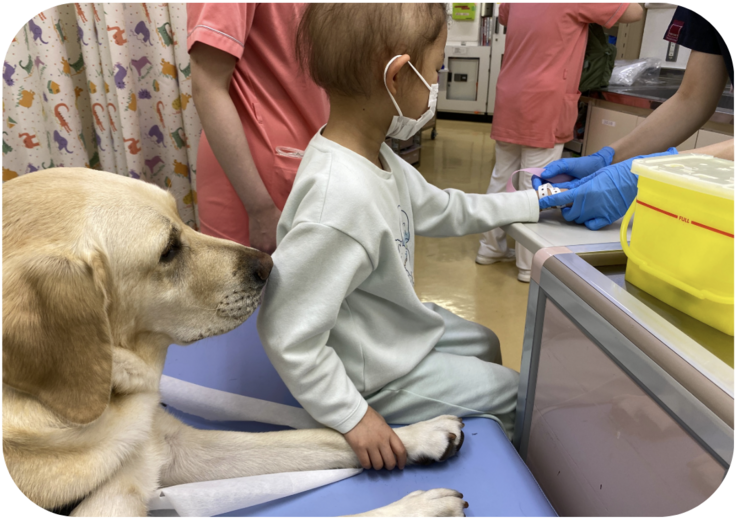
Photo provided by Shine On! Kids
We hope that through various kinds of interaction and play with the Facility Dog, or simply lying together quietly in bed, children can experience even a few moments of peace and calm.
When their steps feel heavy heading to rehabilitation or medical procedures, we hope that having the Facility Dog by their side will help lighten their hearts and make those steps a little easier to take.
At our hospital, we plan for Facility Dogs to accompany children all the way to the operating room. Before tests or surgeries, children will receive explanations about the upcoming procedures together with the Facility Dog at their side, helping them mentally prepare.
And right up until the moment they fall asleep under general anesthesia, we hope the Facility Dog can remain quietly beside them, offering comfort and strength.
A quiet moment of courage — together, even in the hardest times
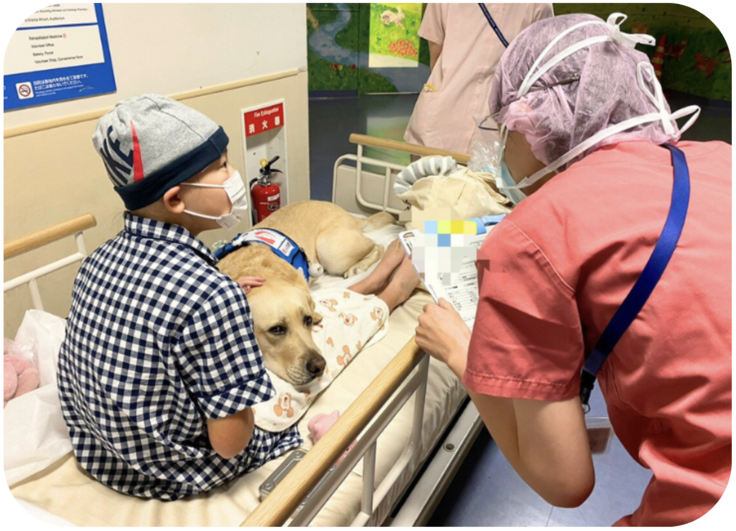
Photo provided by Shine On! Kids
![]()
- Messages of Support for the Introduction of a Facility Dog -
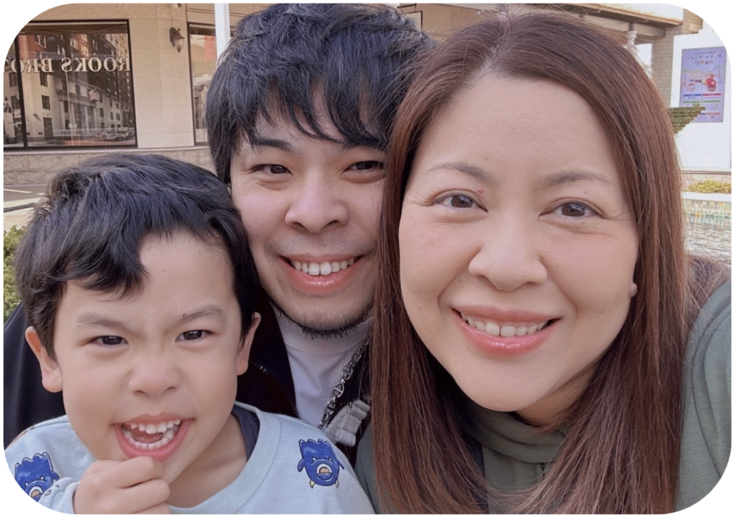
R with his parents
R was diagnosed with a blood disorder at the age of five and has been receiving inpatient and outpatient treatment at Hyogo Prefectural Children’s Hospital ever since.
Hospital treatments can often be very difficult, but I truly believe that interactions with animals have a special power to heal both the mind and body.
Sometimes, because of the effects of chemotherapy and other treatments, R feels very down. But if a dog were to visit the ward, I believe the children’s faces would light up and their smiles would naturally return.
When I told my son, “A dog might be coming to the ward soon!” his eyes lit up and he said excitedly, “Really? A dog is coming? I want to meet them!”
For children who are fighting illness every day, the presence of a Facility Dog would be an enormous source of encouragement. I truly hope this wonderful initiative becomes a reality, and that it brings smiles to the faces of many children!

Mrs Haruka Kihara
When treatment feels tough, I believe having a dog by your side would be incredibly comforting and would give you the strength to keep going.
- Voices of Children and Families from Other Hospitals -
Here are messages from children and families at hospitals that have already introduced Hospital Facility Dogs®.
When I was suddenly hospitalized and felt like everything had gone dark, the time I spent with the Facility Dog was a special, shining moment for me.
Because you were there, I was able to keep smiling and keep fighting.
Thank you — and please stay with me from now on, too.
(Message from a child)
Every mother thinks about her child’s feelings.
Even while fighting illness, we hope our children can still be themselves — full of life, full of spirit. A child’s happiness can be found small, everyday sparks of excitement. In gentle, quiet moments of kindness. Facility Dogs are truly wonderful beings. For children who are battling illness, I hope it becomes normal — something natural — to have a Facility Dog by their side. That’s what I sincerely wish for.
(Message from a family member)
It’s clear that not only the children, but their families as well, are comforted by the Facility Dog. Even after painful treatments, when I see the child and their family members with calm, peaceful expressions, I truly feel the impact that the Facility Dog has.
(Message from a healthcare provider
Pediatric care is not just about diagnosing and treating illnesses — it must also support the growth and development of children, even while they are undergoing treatment. Unlike adult medical care, pediatric care must nurture both the mind and body in ways appropriate for each stage of a child’s growth.
However, under the current medical reimbursement system, only activities directly related to diagnosis and treatment are covered. Unfortunately, the Facility Dog program falls outside this scope, making it very difficult to secure funding through standard channels.
Despite these challenges, at our hospital we are committed to protecting children’s smiles and connecting them to the future. We want to create lasting memories of courage and companionship for children who are facing long-term hospitalization for illnesses like pediatric cancer.
Together with everyone who supports this vision, we hope to welcome a Facility Dog who can stand beside these children as they brave their treatments.
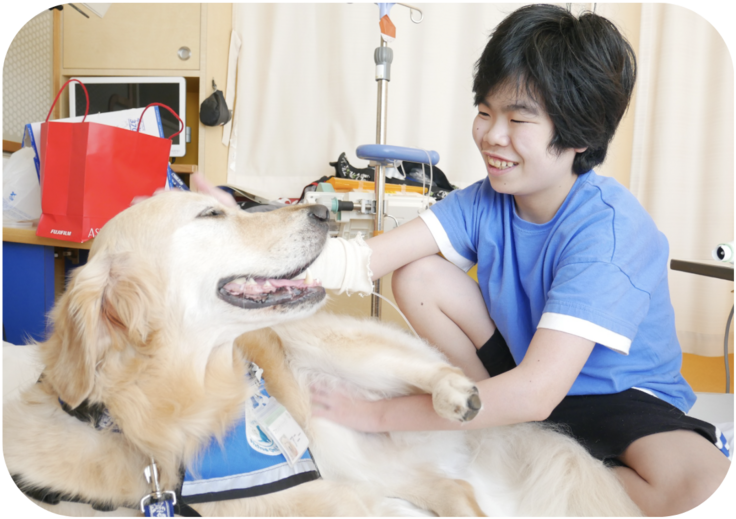
Photo provided by Shine On! Kids
![]()
- The Hospital Facility Dog® Program We Are Introducing -
A Hospital Facility Dog® is a specially trained dog who supports children undergoing inpatient treatment. The trademark rights for Hospital Facility Dog® in Japan are held by the certified non-profit organization Shine On! Kids.
There are four essential requirements that define the program:
01|Facility Dog training must be conducted in accordance with the standards and ethical guidelines established by Assistance Dogs International, the global governing body for assistance dog organizations.
02|Handlers must be medical professionals with clinical experience in healthcare institutions, selected for their knowledge of infection control and foundational pediatric care.
Handlers must also complete training based on the standard curriculum used by international assistance dog organizations, and work full-time as a dedicated team with their Facility Dog.
03|An operational manual must be developed collaboratively with the hospital, based on a proven track record of safe activities conducted at multiple medical institutions in Japan.
04|An Advisory Board (Ethics Committee) must be established to oversee the program, ensuring compliance with animal welfare standards and having emergency protocols in place for emerging infectious diseases and zoonotic infections.
Since the introduction of the program to Japan in 2010, Facility Dogs have built a strong track record — accompanying children to surgeries, assisting during blood tests, and offering day-to-day emotional support during hospital care.
Over the past 15 years, the program has continued without any accidents or incidents.
We deeply understand the meaning and responsibility of bringing a dog into a hospital — a place dedicated to protecting life — and, recognizing the program’s strict infection control measures and rigorous safety management, we have decided to introduce this trusted program at our hospital.
Although hospitals that have welcomed Facility Dogs have already seen their positive impact, public awareness of the program remains limited.
Since the first Hospital Facility Dog® was introduced at Shizuoka Children’s Hospital — the first in Japan — four children’s specialty hospitals in Eastern Japan have adopted the program. However, as of now, there are still no pediatric medical facilities or pediatric cancer centers in Western Japan that have introduced a Hospital Facility Dog®.
We want as many children as possible to have the chance to spend time with a Facility Dog, and we hope to share this initiative with as many people as we can.
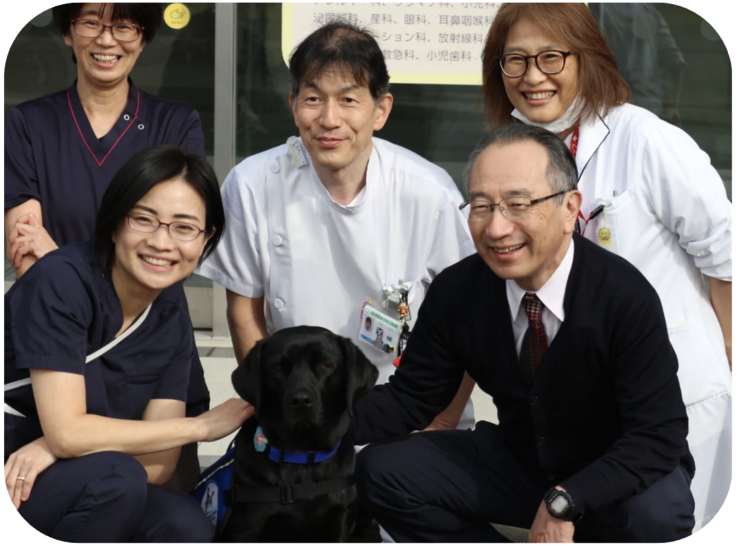
|First Funding Goal: ¥20,000,000
・Partial costs for the training of the Facility Dog and preparation of the hospital environment
・Crowdfunding platform fees and other related expenses
|Introduction Schedule
・April 2025 – March 2026: In-hospital training, Facility Dog training, and Handler training
・April 2026 – March 2027: Hospital environment preparation, continued in-hospital training, Facility Dog training, and Handler training
・April 2027: Official introduction of the Hospital Facility Dog®
※ This project follows an “All or Nothing” model. If the target amount is not reached by the deadline, all donations will be refunded to the donors.
※ Depending on the progress of the project, the schedule may change slightly.
※ The first funding goal of ¥20,000,000 will be used as part of the total cost needed to introduce the Facility Dog. Any additional support received beyond this amount will be used to cover the operational costs for the first year after the dog’s introduction.
To ensure the ongoing operation of the program beyond the first year, we may continue to conduct crowdfunding campaigns in the future.
Children grow and develop by connecting with many different people — within their families and throughout their communities. At our hospital, we care for children who experience repeated hospitalizations due to various illnesses, as well as children who have required treatment and long-term hospital stays since birth.
To protect the smiles of these children, our staff work tirelessly, constantly finding new ways to support them. But there are moments when human effort alone is not enough.
That’s why we hope to borrow the strength of a Facility Dog — to deliver even more delicate, compassionate support to the children in our care.
Through this crowdfunding campaign, we believe that connections reaching beyond the walls of the hospital will become a powerful source of strength for the children.
We humbly ask for your warm support and donations to help make this vision a reality.
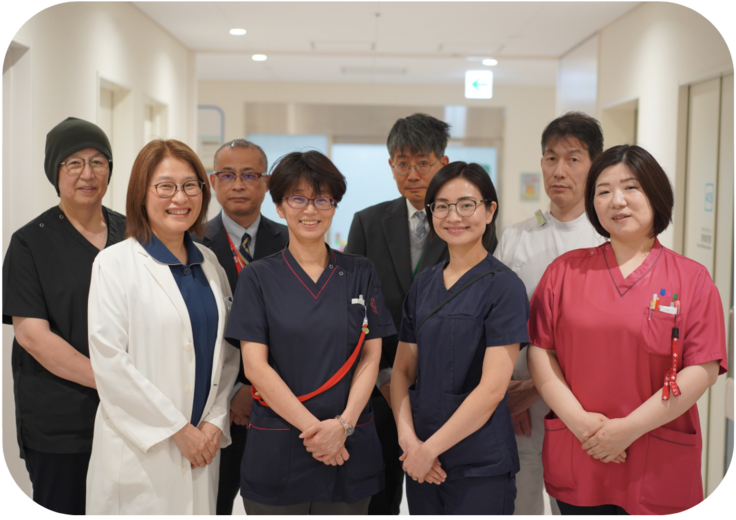
Kazumoto Iijima
Director, Kobe Children’s Hospital
The Hospital Facility Dog® program greatly improves the healing environment for children who are undergoing long-term hospitalization. At Kobe Children’s Hospital, we are aiming to become the first children’s hospital in Western Japan to introduce a Hospital Facility Dog®.
We kindly ask for your support in helping us bring a Facility Dog to our hospital — to foster smiles in our children and to nurture their courage as they undergo their treatments.
Noriko Sekiguchi
Head of Psychiatry
When children battling illness — and their families — are going through truly painful times, there are moments when no words can reach them, and even talking to someone feels too heavy to bear. At times like these, having a warm, gentle presence simply sitting quietly beside them can bring a kind of healing that words cannot.
I truly hope that with the arrival of a Hospital Facility Dog®, children and their families will have moments where they can find comfort — simply by hugging the dog tightly.
We sincerely ask for your support in helping bring this powerful source of strength to our hospital.
Takeshi Mori
Head of Hematology and Oncology
I work with children facing pediatric cancer. From the moment they are hospitalised in an emergency to the day they are discharged, these children and their families encounter countless hardships.
As doctors, we must focus on explaining what must be done to treat their illness — but at the same time, it is often very difficult for us to deliver peace and comfort.
Facility Dogs have the gentle presence and steady gaze that can ease a child’s anxiety — not through words, but simply by being there.
We strongly feel that the power of a Facility Dog is something we truly need. We humbly ask for your warm support in making this a reality.
Aya Sueda
Chief Physician, Department of Anesthesiology
As a pediatric anesthesiologist, I face children’s anxiety before surgeries and general anesthesia every day.
When I visited a hospital that had introduced a Facility Dog, I could feel — almost physically — how the atmosphere in the room changed completely.
Seeing children naturally smile and relax as they interacted with the dog, and witnessing how it brought peace and hope to families enduring long hospital stays, I realized that this is more than just emotional comfort — it is something that has the power to enhance the quality of medical care itself.
While the effectiveness of Facility Dogs is widely recognized overseas, here in Japan, they are not yet covered by the medical reimbursement system, making the support of donors essential to bring this to reality.
We sincerely ask for your support, so that we can deliver an extra layer of warm, compassionate care for children and their families.
Nursing Department (Nasu, Onishi, Tasaka)
Hyogo Prefectural Children’s Hospital
At the Nursing Department of Hyogo Prefectural Children’s Hospital, we are committed to practicing nursing that draws out children’s “smiles” and their “strength to keep going”. Our slogan is, “Shōni Nursing” — a special play on words meaning both “Pediatric Nursing” and “Smiling Child Nursing.”
Through our care, we focus on “Watching,” “Protecting,” “Communicating,” and “Connecting.” We aim to stay close to the hearts of children facing illness and their families, helping them smile — not just outwardly, but from deep within.
Even during long hospital stays or repeated outpatient visits, we want children to feel proud of how hard they have fought, and to carry the strength they built here into adulthood — overcoming any challenges that life places in their path.
In practicing this kind of care, Facility Dogs play an important role by reaching the parts of children’s hearts that even we cannot always reach.
We hope to welcome a Facility Dog as a full member of our hospital team, working side by side with us to support the care of children and their families.
A Facility Dog for Kobe Children’s Hospital…
Won’t you become a supporter to help make this dream a reality? We sincerely ask for your warm support.
Mureo Kasahara
Director, National Center for Child Health and Development
At our center, Masa — our Facility Dog — is by the side of children battling illness with their families every day. He brings immeasurable healing and courage to their hearts.
Masa’s wonderful activities in medical care have also become a symbol of new hope for us, the healthcare providers.
I sincerely hope that a Facility Dog will become a pillar of emotional support for many children at Kobe Children’s Hospital as well, spreading smiles throughout the hospital.
I am confident that this new step will bring even greater light to pediatric healthcare across Japan.
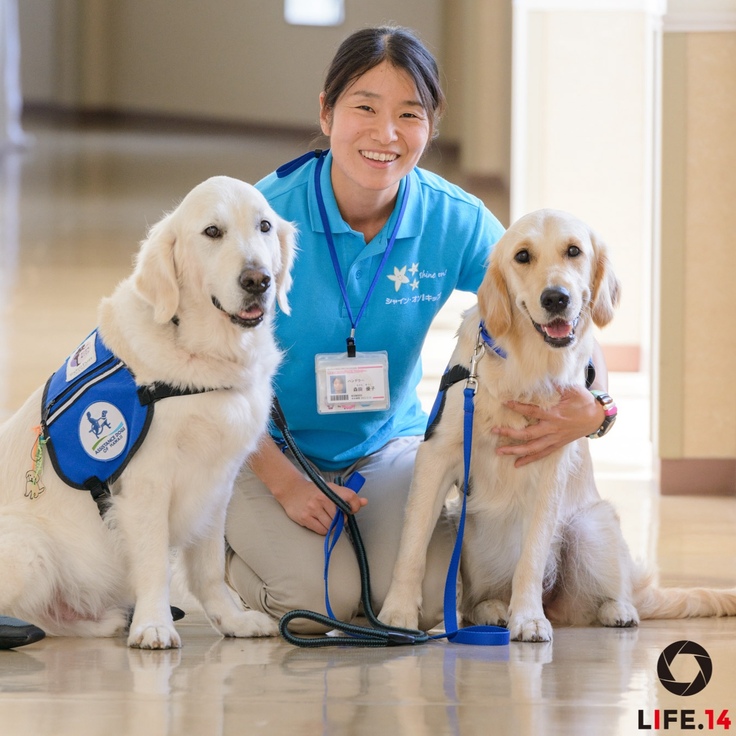
Yuko Morita
Facility Dog Handler, Shine On! Kids (Certified NPO)
My name is Yuko Morita, and I am a Facility Dog Handler.
It has now been 15 years since I first began working with Bailey — Japan’s very first Facility Dog.
In the beginning, because there were no examples to follow in Japan, we had to start from scratch. There were times when I struggled, feeling that what we were doing was still far from the level of Facility Dog programs I had seen in the United States.
But now, I’m proud to say that the number of handlers has grown, and we have established proper manuals and operational standards.
I also feel that not only medical professionals, but more and more members of the public are beginning to recognise the important role that working dogs like Facility Dogs play.
I am truly overjoyed that Kobe Children’s Hospital has decided to become the first children’s hospital in Western Japan to introduce a Facility Dog. This program was built together — by the children who have been our patients, and by the medical staff who supported us. This decision feels like recognition of all the hard work we have put in together.
From here, we hope to expand Facility Dog activities even further across Japan, and to bring even more smiles to the faces of children fighting through their hospital treatments.
I am cheering wholeheartedly for everyone at Kobe Children’s Hospital as they take this important step forward.
Donations to this project are considered "donations to the national or local government" as stipulated in Article 78, Paragraph 2 of the Income Tax Act and Article 37, Paragraph 3, Item 1 of the Corporation Tax Act. Therefore, donors may be eligible for tax deductions or exemptions when filing income or corporate tax returns in Japan. Actual tax benefits may vary depending on individual or corporate circumstances under Japanese tax law. For more details, please visit the National Tax Agency website.
All donation receipts will be generated in September 2025 when READYFOR Inc. makes the payment to Hyogo Prefectural Kobe Children's Hospital. However, they are scheduled to be sent by the end of October 2025.
Important Notes
・ “Hospital Facility Dog®” is a registered trademark of the certified NPO Shine On! Kids.
・Please be sure to read the Terms of Use carefully before making a donation.
・All photos and names displayed on this page have been published with permission.
・Once your donation is confirmed (after reaching the first funding goal), refunds and cancellations cannot be accepted. Thank you for your understanding.
・Donation receipts will be issued using the name and address provided at the time of donation. Please note that once your donation is confirmed, information such as the donation method, address, name, telephone number, and any questionnaire responses cannot be changed.
Unless you contact us directly, receipts will be sent to the name and address you entered when making your donation, so please double-check your information carefully.
・Messages submitted as “support comments” at the time of donation may be used for promotional purposes related to this project. Thank you for your understanding.
・For questions regarding donations, please refer to [this page].
・For details regarding gifts associated with this project, particularly concerning “Name Listings” and similar rewards, please refer to the section titled “Naming Rights, Message Publications, and Related Returns” on [this page].
Project Manager
Issei Iijima (Hyogo Prefectural Children’s Hospital)
Project Completion Date
April 30, 2027
Project Overview and Use of Funds
To improve the healing environment for children, funds will be used to support the training of the Facility Dog and the preparation of the hospital environment, aiming for the introduction of the Facility Dog in April 2027.
Risks & Challenges
Difference Between the Total Project Cost and the Initial Funding Goal
We plan to secure the necessary funds through multiple fundraising efforts.
ギフト
3,000円+システム利用料

3千円コース
●寄附受納書
●お礼のメール
●病院HPへの氏名掲載【ご希望制】※
●活動報告レポート
※HPへは社名の掲載も可能です。
-----
・当院の患者様及びその家族様からのご寄附は、退院前又は、治療終了前にはお受けしないこととしています。また、兵庫県立病院と現在取引のある企業、将来取引が発生する可能性がある企業様からもお受けしないこととしています。予めご了承ください。
・ギフトお届け先は、寄附先(兵庫県立こども病院)の情報ではなく、寄附者様のご自身の情報をご入力ください。
-----
- 申込数
- 1,145
- 在庫数
- 制限なし
- 発送完了予定月
- 2028年3月
10,000円+システム利用料

1万円コース
●寄附受納書
●お礼のメール
●病院HPへの氏名掲載【ご希望制】※
●活動報告レポート
※HPへは社名の掲載も可能です。
-----
・当院の患者様及びその家族様からのご寄附は、退院前又は、治療終了前にはお受けしないこととしています。また、兵庫県立病院と現在取引のある企業、将来取引が発生する可能性がある企業様からもお受けしないこととしています。予めご了承ください。
・ギフトお届け先は、寄附先(兵庫県立こども病院)の情報ではなく、寄附者様のご自身の情報をご入力ください。
-----
- 申込数
- 892
- 在庫数
- 制限なし
- 発送完了予定月
- 2028年3月
3,000円+システム利用料

3千円コース
●寄附受納書
●お礼のメール
●病院HPへの氏名掲載【ご希望制】※
●活動報告レポート
※HPへは社名の掲載も可能です。
-----
・当院の患者様及びその家族様からのご寄附は、退院前又は、治療終了前にはお受けしないこととしています。また、兵庫県立病院と現在取引のある企業、将来取引が発生する可能性がある企業様からもお受けしないこととしています。予めご了承ください。
・ギフトお届け先は、寄附先(兵庫県立こども病院)の情報ではなく、寄附者様のご自身の情報をご入力ください。
-----
- 申込数
- 1,145
- 在庫数
- 制限なし
- 発送完了予定月
- 2028年3月
10,000円+システム利用料

1万円コース
●寄附受納書
●お礼のメール
●病院HPへの氏名掲載【ご希望制】※
●活動報告レポート
※HPへは社名の掲載も可能です。
-----
・当院の患者様及びその家族様からのご寄附は、退院前又は、治療終了前にはお受けしないこととしています。また、兵庫県立病院と現在取引のある企業、将来取引が発生する可能性がある企業様からもお受けしないこととしています。予めご了承ください。
・ギフトお届け先は、寄附先(兵庫県立こども病院)の情報ではなく、寄附者様のご自身の情報をご入力ください。
-----
- 申込数
- 892
- 在庫数
- 制限なし
- 発送完了予定月
- 2028年3月
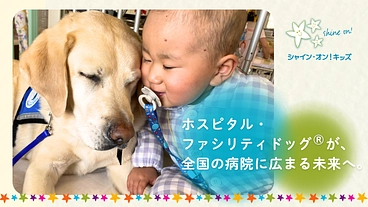
入院する子どもたちを笑顔に!ファシリティドッグ育成基金2025
#子ども・教育
- 現在
- 6,795,000円
- 支援者
- 541人
- 残り
- 26日
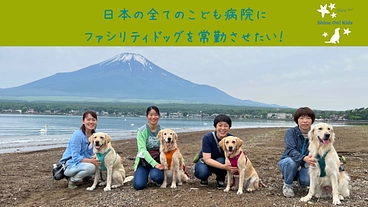
ファシリティドッグ ドリーム☆サポーターを募集中!
- 総計
- 462人
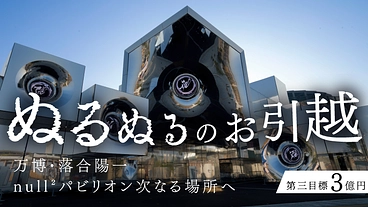
ぬるぬるのお引越|万博・落合陽一 null²パビリオン次なる場所へ
- 現在
- 216,684,000円
- 支援者
- 12,280人
- 残り
- 30日
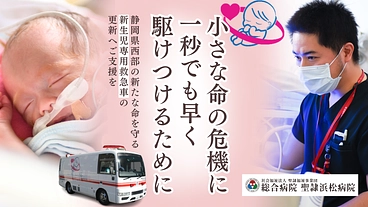
新たな命を守る1分がここにある。新生児専用救急車の更新にご支援を
- 現在
- 47,758,659円
- 寄付者
- 1,358人
- 残り
- 9日
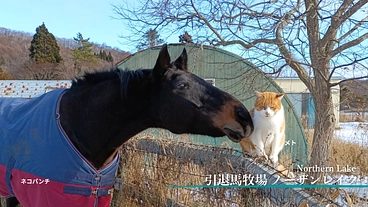
1頭1頭と向き合い続けるために。引退馬たちに安心安全な新厩舎建設へ
#観光
- 現在
- 73,873,000円
- 支援者
- 6,378人
- 残り
- 33日
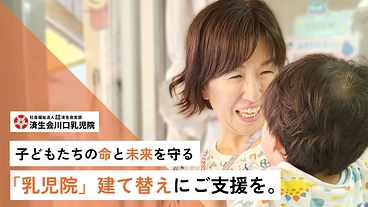
済生会川口乳児院|子どもたちに安心と愛を。46年ぶり施設建て替えへ
- 現在
- 13,229,000円
- 寄付者
- 668人
- 残り
- 23日
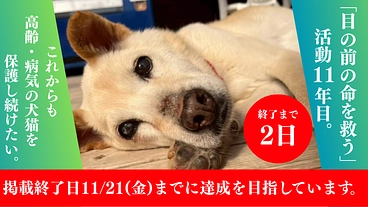
救う命を選ばない。どんな犬猫も保護し続け福岡の里親さんを増やしたい
- 現在
- 2,932,000円
- 支援者
- 274人
- 残り
- 2日

